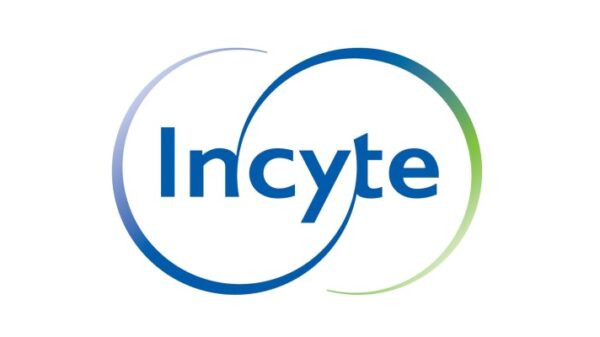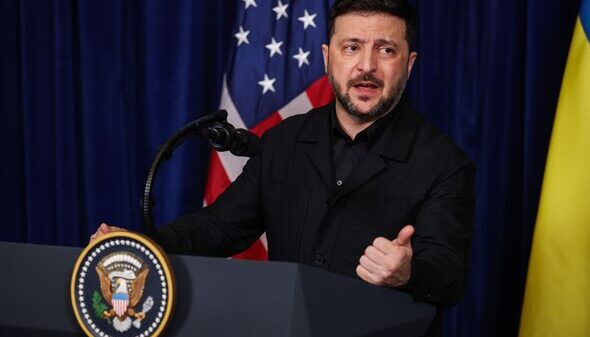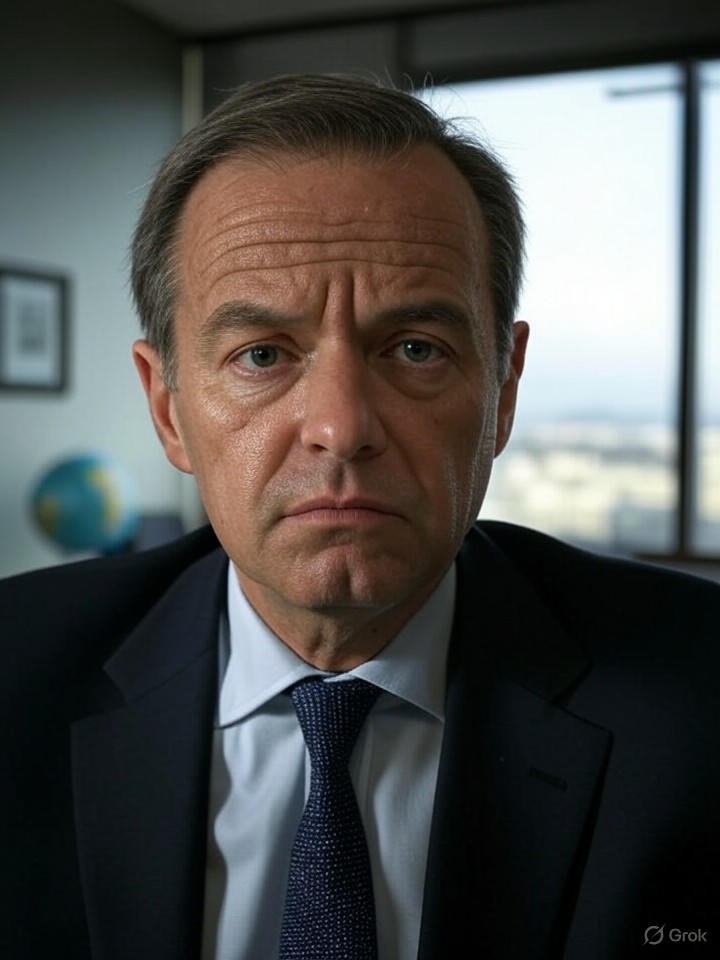URGENT UPDATE: In a stunning setback for global environmental efforts, nearly 200 nations concluded a pivotal round of negotiations on a global plastics treaty in Geneva without reaching any agreement. The talks, which lasted for nine days and extended into an all-night session, faced significant hurdles as oil-producing countries vehemently opposed measures to curb plastic production.
The negotiations, aimed at addressing the escalating crisis of plastic pollution—estimated at a staggering 400 million tons annually—collapsed due to deep divisions among delegates. Officials reported that the draft text proposed by Ecuadorian chair Luis Vayas Valdivieso was rejected for not adequately addressing the complete lifecycle of plastics, from extraction to disposal, as mandated by a 2022 U.N. resolution.
The failure marks the second major setback in less than a year, following stalled discussions in Busan, South Korea, in December 2024, where nations like Saudi Arabia and Russia similarly blocked progress. Environmental advocates and many developing countries are pushing for production caps, while fossil fuel-dependent economies view plastics as vital to maintaining oil demand amid the transition to electric vehicles.
As negotiations dragged on, oil-rich nations argued that enhancing recycling should take precedence over production limits. This position aligns with industry lobbying but contradicts scientific consensus on the limitations of recycling. A recent report in The Lancet warns that the world cannot recycle its way out of the plastics crisis, with less than 10% of plastic currently being recycled globally.
The health impacts of plastic pollution are dire, linking chemicals found in plastics to serious conditions such as low birthweight, obesity, and cancer, leading to annual costs exceeding $1.5 trillion just for three compounds. Public sentiment, however, heavily favors action, with a 2022 poll showing that three-quarters of people worldwide support bans on single-use plastics, especially in regions like Latin America, China, and India.
The push for a global accord began with a landmark 2022 U.N. resolution aimed at establishing a framework for what could be the most ambitious environmental pact since the Paris Agreement. However, repeated failures highlight the challenges of balancing ecological urgency with economic interests. The resolution called for an international committee to draft actionable terms by 2024, addressing plastics’ full lifecycle and their contribution to 5% of global emissions.
As detailed by CNN, divisions persist, with nations such as the U.S. and Japan showing lukewarm support for stringent measures. Industry players in petrochemicals and packaging are now faced with prolonged uncertainty. Companies like Dow Chemical and ExxonMobil, which rely heavily on plastic feedstocks, have lobbied for voluntary recycling targets. Experts warn that without binding production limits, microplastics will continue to infiltrate oceans and food chains.
The absence of a treaty means corporations will have to navigate a complex landscape of national regulations, from Europe’s single-use bans to emerging initiatives in Africa, which could disrupt global supply chains and spur innovation in alternatives like bioplastics. Environmental advocates, including the Environmental Justice Foundation, have condemned the latest draft as a “betrayal,” urging a restart with stronger mandates.
Looking ahead, pressure mounts for a reconvened session, potentially in 2026. The divide over production caps remains a critical issue, but growing scientific consensus indicates that urgent action is needed. As noted by experts, without compromise from oil states, the plastics crisis risks escalating, with severe economic and health repercussions for people around the globe.







































































